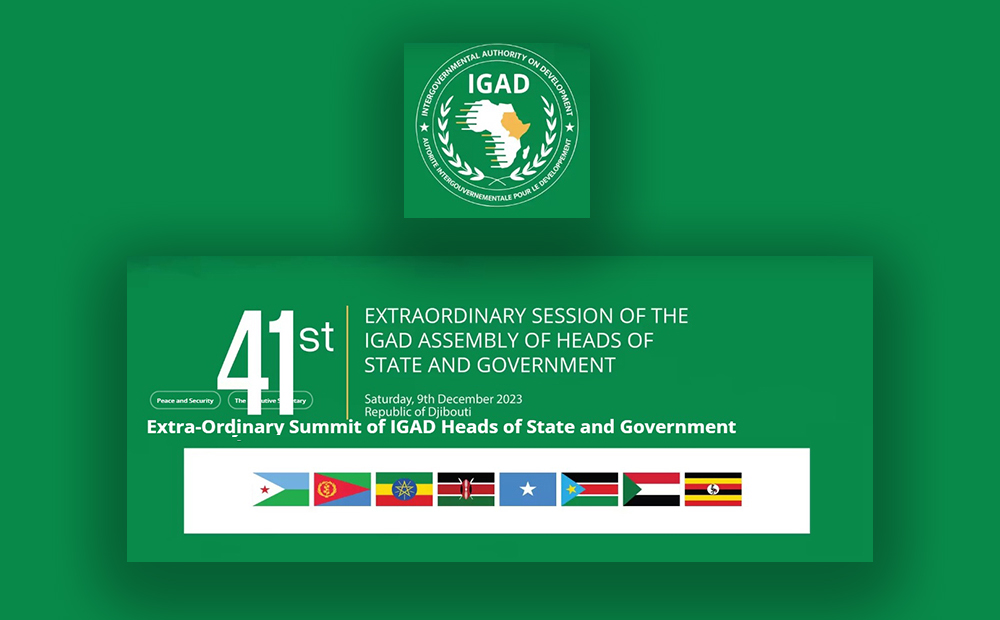
Does Djibouti Achieve What Jeddah Couldnt?
Al-Asmai Bashari
Today, the summit of the Intergovernmental Authority on Development (IGAD) begins in the Djiboutian capital, Djibouti, with the participation of the US Special Envoy for the Horn of Africa, Mike Hammer, the Personal Envoy of the UN Secretary-General, Ramtane Lamamra, and the EU Special Envoy Annette Weber, regarding the crisis in Sudan. The IGAD summit comes after the suspension of the Jeddah Platform under Saudi-American sponsorship, following the failure of the warring parties in Sudan, the Sudanese army, and the Rapid Support Forces, to reach an agreement on a ceasefire and allow the entry of humanitarian aid.
According to Sudanese sources, Abdel Fattah al-Burhan, the leader of the Sudanese army, arrived in Djibouti today, preceded by a delegation representing the Rapid Support Forces, by an unofficial invitation. There have been varying reports about the participation of the head of the Sudanese Civil Forces Coordination, Abdullah Hamdouk.
Political observers believe that the IGAD summit will initiate consultations on the Sudan peace file according to the six principles plan, which revolves around a demilitarized capital guarded by African forces. This plan was reserved by the military leadership when it was announced last June, exchanging accusations between the Sudanese Foreign Ministry, on the one hand, and Kenyan President Uhuru Kenyatta and Ethiopian Prime Minister Abiy Ahmed, on the other.
It is expected that the IGAD summit, representing countries globally, will define the paths and orientations of the solutions. According to observers, the military solution cannot be considered among the directions; rather, it is one direction—a negotiated political solution both militarily and humanely. The path has made significant progress, almost reaching its conclusion in Jeddah, and it is likely that the summit will urge the parties to take it seriously unless surprises occur.
As for the second path, the political one, now under the African Unions responsibility in collaboration with IGAD, it will remain as is, with an acceleration in inviting a broad meeting of political actors. The dilemma of involving Islamists, which Wad Badawi, the Director of the Office of the African Union Secretary-General, is pressing to achieve, will remain unresolved, according to observers.
In a related context, for the first time, the summit will open the file of reconstruction and development, which Gulf countries, led by the UAE and Saudi Arabia participating in the meeting, may address.
The eyes of Sudanese are now on the Djibouti summit to achieve what the Jeddah Platform failed to do: signing a ceasefire and ending the deteriorating Sudanese crisis day by day. The summit falls under the umbrella of the IGAD organization, consisting of eight countries: Djibouti, Sudan, South Sudan, Somalia, Kenya, Uganda, Ethiopia, and recently joined Eritrea.

